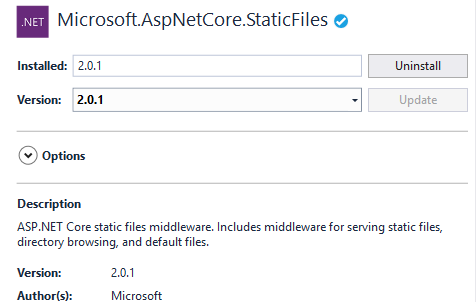 In this second half of the Introduction to Social Research Methods course the focus shifts from data generation and research methods to data analysis.
In this second half of the Introduction to Social Research Methods course the focus shifts from data generation and research methods to data analysis.
(Click on image for source)
The main task for this week has been to look at the way in which the authors of two research papers (provided by the course) have analysed their data and presented their subsequent findings. One paper took a qualitative approach to data generation and the other a quantitative approach. Useful prompt questions have been provided to support this task.
For me, more interesting than this task are two points raised in the course text, with the suggestion that these are discussed in our blogs, but to my knowledge no-one has done this.
The first is related to the messiness of research which is drawn to our attention through a quote from Hardy and Bryman’s text – Handbook of Data Analysis – which incidentally is not open access.
This is the quote:
active researchers seldom march through the stages of design, data collection, and data analysis as if they were moving through security checkpoints that allowed mobility in only one direction. Instead, researchers typically move back and forth, as if from room to room, taking what they learn in one room and revisiting what was decided in the previous room, keeping the doors open. (Hardy and Bryman 2004, p.2)
This is very much in keeping with my experience, but I would suggest that it is even more messy than Hardy and Bryman suggest. Richard Feynman talked about living and working with doubt and uncertainty…
… and Paul Feyerabend argued ‘Against Method’. In the Stanford Encyclopedia of Philosophy is written of Feyerabend
‘…. whereas he had previously been arguing in favour of methodology (a “pluralistic” methodology, that is), he had now become dissatisfied with any methodology. He emphasised that older scientific theories, like Aristotle’s theory of motion, had powerful empirical and argumentative support, and stressed, correlatively, that the heroes of the scientific revolution, such as Galileo, were not as scrupulous as they were sometimes represented to be. He portrayed Galileo as making full use of rhetoric, propaganda, and various epistemological tricks in order to support the heliocentric position.’
More recently Stephen Downes has also argued against method suggesting that traditional approaches to research do not account for the horribly messy, complex, always changing world in which we are now living and conducting research. See Digital Research Methodologies Redux for his presentation.
A course like this Introduction to Social Research Methods necessarily presents an orderly sequenced set of resources and activities, but research ‘in the wild’ is far from orderly.
The second point made in the Week 5 course text that stood out for me was this one:
Hardy and Bryman (2004) …… also discuss data reduction as a core element of analysis (my bold): to analyze or to provide an analysis will always involve a notion of reducing the amount of data we have collected so that capsule statements about the data can be provided. (p.4)
This for me is an enormously significant statement. As McGilchrist says (p. 28 The Master and His Emissary)
The kind of attention we bring to bear on the world changes the nature of the world we attend to ……… Attention changes what kind of a thing comes into being for us: in that way it changes the world.

It follows then that how we choose to reduce the amount of data we have collected will determine what research outcomes ‘come into being’, what we learn from the research and will have implications for how the findings are used.
Both these statements in the Week 5 course materials, concerning the messiness of research and the reduction of data, seem to me to perhaps warrant more attention than they have received in the course.
References
Hardy, M. and Bryman, A. (2004). Introduction: common threads among techniques of data analysis. In Hardy, M. & Bryman, A. Handbook of data analysis (pp. 1-13). : SAGE Publications Ltd. doi: 10.4135/9781848608184
McGilchrist, I. (2010). The Master and his Emissary. The Divided Brain and the Making of the Western World. Yale University Press
Share this:




